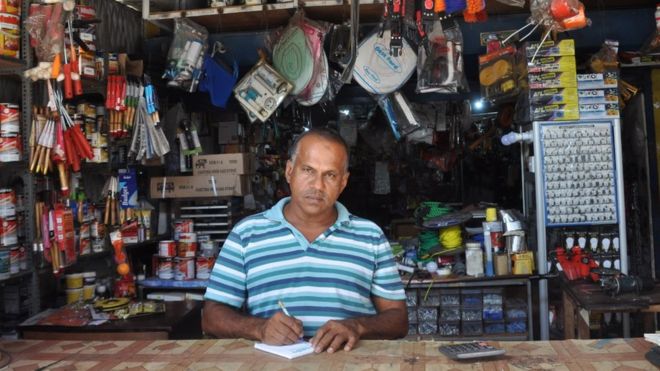Colombo: Post-Easter Sunday bombings customers have stopped buying from Muslim shops. Mohammed Ilyas, a Muslim hardware shop owner, told that he was doing a thriving business in his shop in western Sri Lanka until a few months ago. But now his trade has plummeted and his losses are mounting.
His shop is located at Kottaramulla village, about 90 kilometres (56 miles) from the capital Colombo, where minority Muslims live among the majority Sinhalese community. For decades, Mr Ilyas had been serving people from all religious communities, but things have changed since Sri Lanka’s Easter Sunday bombings in April.
BBC quoted him as saying, “Since the Easter Sunday bombings, almost 90% of my Sinhalese customers have stopped buying from my shop. My business has gone down significantly and I have lost hundreds of thousands of rupees.”
Not only Ilyas, many Muslims also feel that since the suicide bombings they have been demonised, and traders from the community say that they have become a target. Muslim-owned businesses and houses have been attacked in several parts of Sri Lanka, with the worst violence in May.
Reportedly, in June, a senior Buddhist monk urged “true Buddhists” to unite against what he described as the “Talibanisation” of the religion and openly called on the Sinhalese people not to buy from Muslim shops. However, the call was criticised by Finance Minister Mangala Samaraweera.
Muslims make up nearly 10% of Sri Lanka’s 22 million people, while about 12% of the population are Hindus, and 7% are Christians.
The bomb attack was made on April 21st on Easter killing more than 250 people. Though Muslims across the island have denounced the senseless killings, it hasn’t satisfied a section of Sinhalese hardliners.

